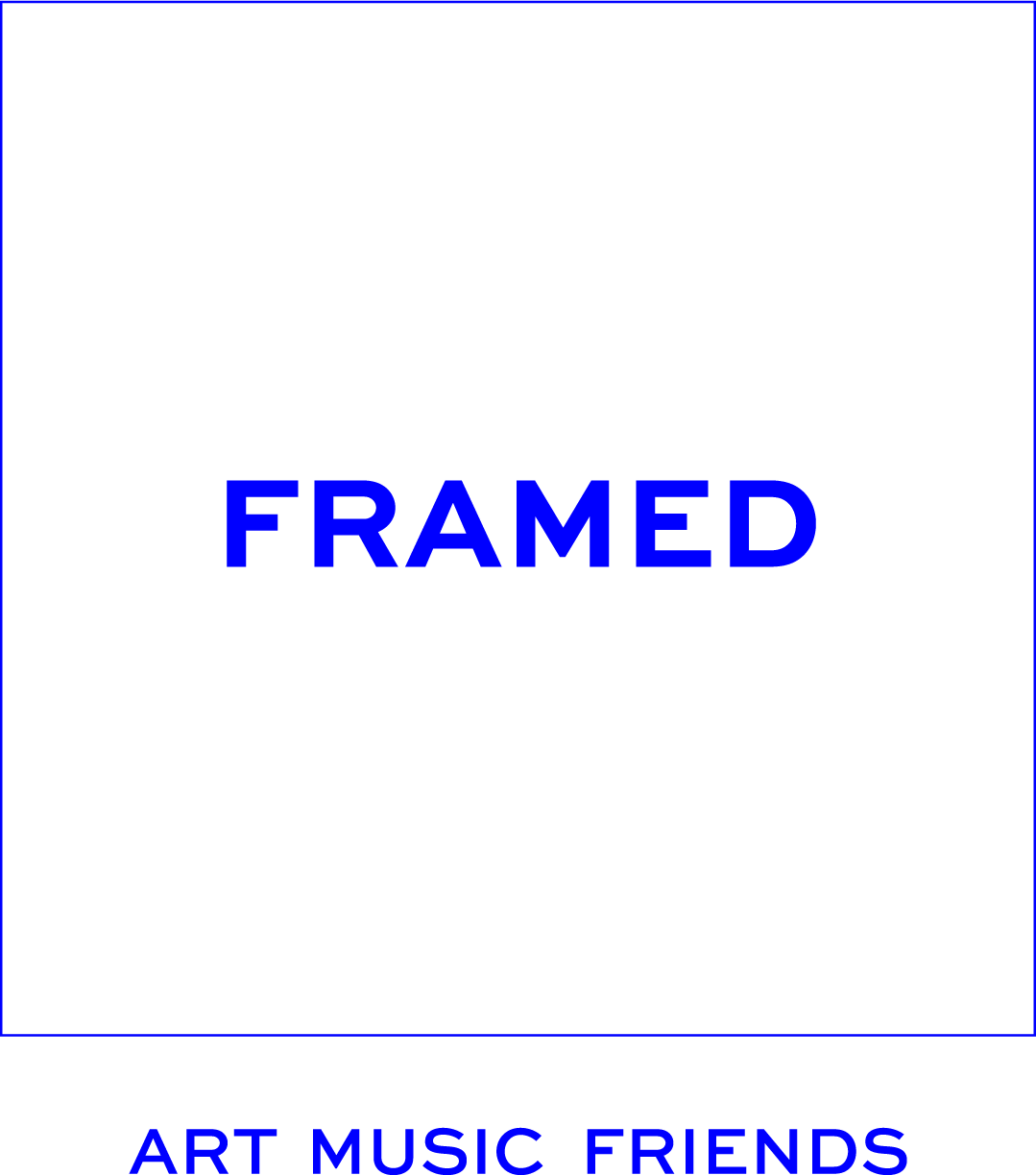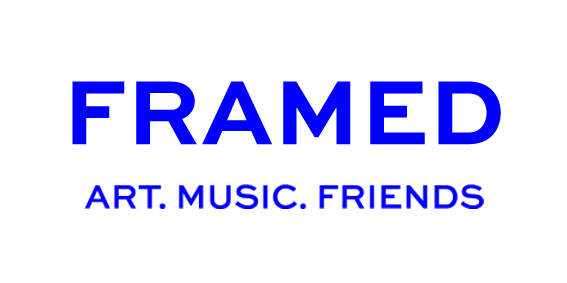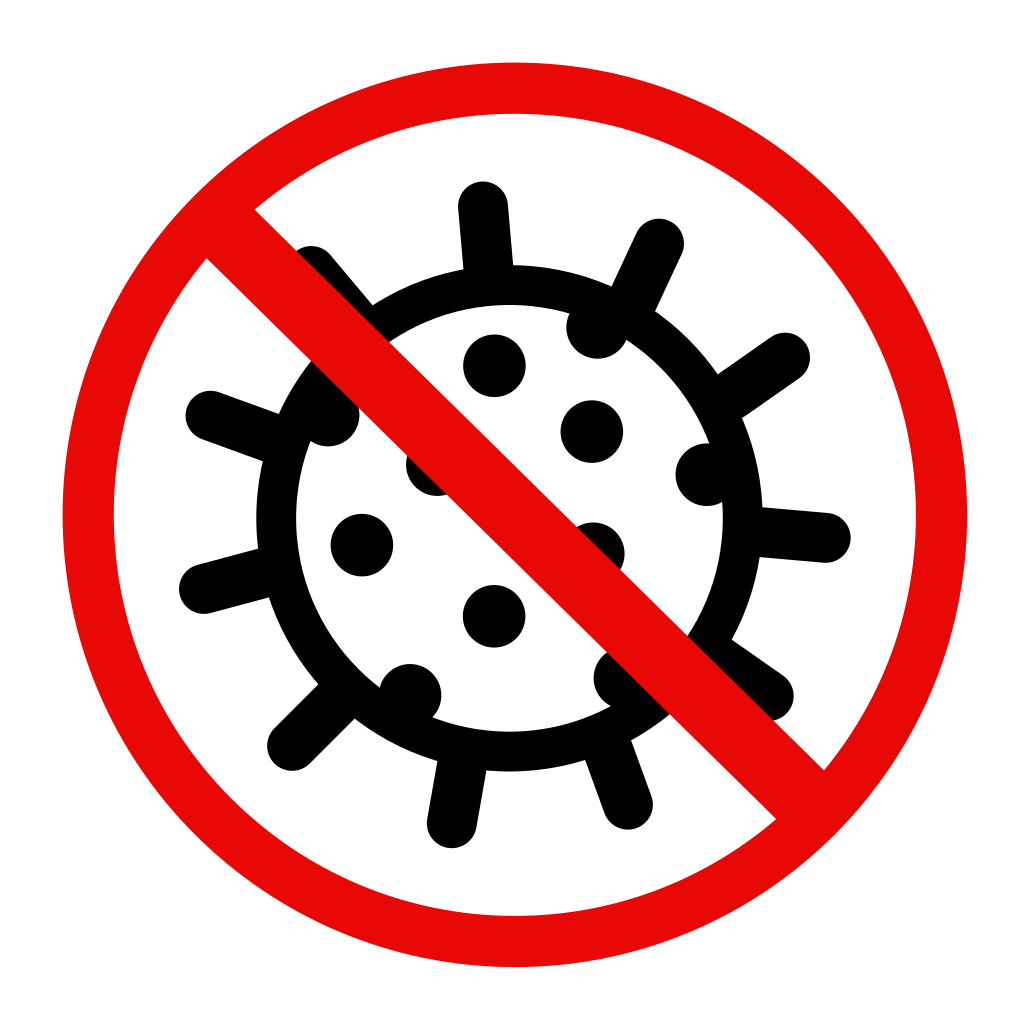Music:
LENNYTUNES – The Bellydance Superstars
A celebration of Middle Eastern soul music which will stimulate your senses. Straight from the night clubs of nostalgic Jaffa.
Lenny Ben Basat is one of Israel’s most prominent musicians, composers andrecord producers and the owner of the LennyTunes production house, located in the old city of Jaffa, Israel.
Throughout his extremely successful international career, Lenny has developed his unique musical blend, from the traditional Maqam of Arab music and beats of Africa to the urban sounds and techniques of drum machines, analog synths and vinyl beat chopping.
Driven by the passion to infuse Middle Eastern rhythms, melodies and instruments with contemporary techniques, LennyTunes has released “The Bellydance Superstars” album, featuring the soulful music and oriental vibes of the 60s and 70s clubs of Jaffa.
“The Bellydance Superstars” was created with the original instruments of the period, played through a time vortex from the future. The new show brings back the magical air and freedom that were dominant on the stage back then, with belly dancers and hypnotic music.
“Perfect sound architecture, excellent musical directing, an absolute surprise no matter what type of music you’re into”
Art: DOV OR NER
Artist Dov Or Ner is an unusual figure in the Israeli art scene. Or-Ner, a Holocaust survivor born in 1927, began painting Adolf Hitler a few years ago. The Nazi dictator, who was responsible for the murder of Or-Ner’s parents during the Holocaust, started featuring heavily in the veteran artist’s works, taking over them. “I simply purged Hitler from myself,” he says.
Dov Or-Ner started to operate in the Israeli art world in the late 1960s.
He was born in Paris in 1937, survived the Holocaust, emigrated to Israel after the war, and joined Kibbutz Hatzor.
His early modus operandi was action:
In 1976, he buried tomato soup cans, signed by Andy Warhol, in Alaska and the Dead Sea, and dug 20-meter-deep holes in the ground to stash documents he collected at the Israel museum, with the idea of creating “contemporary archeology.” In the famous Metzer-Messer action of 1972, he mixed the belongings of Arabs and Jews and created an archeological concept that is based not on monumental structures but rather on daily life.
Or-Ner was the first artist who dealt with recycling in Israeli art (Recycling, 1975, Israel Museum), the first to engage in “mail art” (Project Orange, 1973), and the first to refer to solar energy (Solar Sculptures, 1960s-1990s). He was also the first – and so far the only one – to bring a cow to a gallery in Tel Aviv, place it in front of a TV screen, and, while milking the cow and sleeping there, protest against indifference and the decline of Socialism and equality values in the Kibbutz movement (Paravisia, 1980).
In the last decade, since he turned 80, Or-Ner has been revisiting the Holocaust. In his radical, uncompromising manner he has redesigned his persona, and, like an inside-out sock, invented “Bad RenRo,” a reversal of the letters of his name in Hebrew.
The new persona reveals surprising features: a black mustache, and hair parted in the middle – Or-Ner has turned himself and Hitler into the protagonists of a surreal-pornographic drama in which he does not hesitate to include the chilling possibility that the victim might become the hangman, or at least would alarmingly appear to resemble him.


